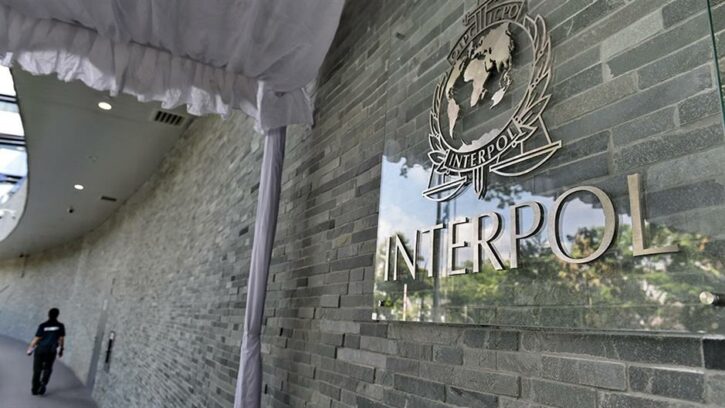
Serbia’s Interior Minister Nebojsa Stefanovic asked Interpol chiefs and the members to the organization's Executive Committee not to look at Kosovo’s new membership application and to vote against if it was put on the next years' General Assembly meeting, N1 reported.
In the letters to the Interpol Secretary-general Jürgen Stock and the president of the international police organisation Kim Jong Yung, Stefanovic said that since last November when Kosovo failed to win enough votes to become a member “nothing essential happened” which could reverse the previous decision.
“In fact, the only change supports Serbia’s stand against Kosovo’s membership and is visible in the number of countries that had withdrawn the recognition of Pristina's independence,” Stefanovic wrote.
He listed Serbia’s arguments against the consideration of Kosovo’s request.
“Conditions for the membership are regulated by Interpol Constitution and the Resolution on the procedure of the membership both clearly saying that only a state can join,” Stefanovic said.
Belgrade still considers Kosovo as a part of its territory despite its independence being recognised by some 100 worldwide countries including some most powerful ones.
However, since Kosovo is not a UN member, Belgrade maintains it is not a real state.
“Even the mere consideration of Kosovo’s application would lead to Interpol’s political activity, and its use in political purpose,” Stefanovic added.
He reiterated the failure to join the organisation in Dubai in 2018, was proof that Belgrade was right in its stand regarding Kosovo’s membership.
Besides Stock and Yung, Stefanovic wrote to all the members to Interpol’s Executive Committee with a plea to vote against Kosovo’s membership if that was put on the agenda of the next meeting of the organisation's General Assembly.
The membership requires the votes of the two-thirds majority of the member states.
Following the failure to join Interpol in November 2018, which Pristina blamed Belgrade’s diplomatic campaign for, Kosovo introduced the 100 percent import tariffs on goods from Serbia and Bosnia the same month and had so far refused to revoke the decision in spite of ever-increasing pressure from the international community.
The move put on hold the European Union-facilitated Belgrade – Pristina dialogue on normalisation of relations with both the EU and Belgarde conditioning the resumption with the suspension or withdrawal of the taxes.




